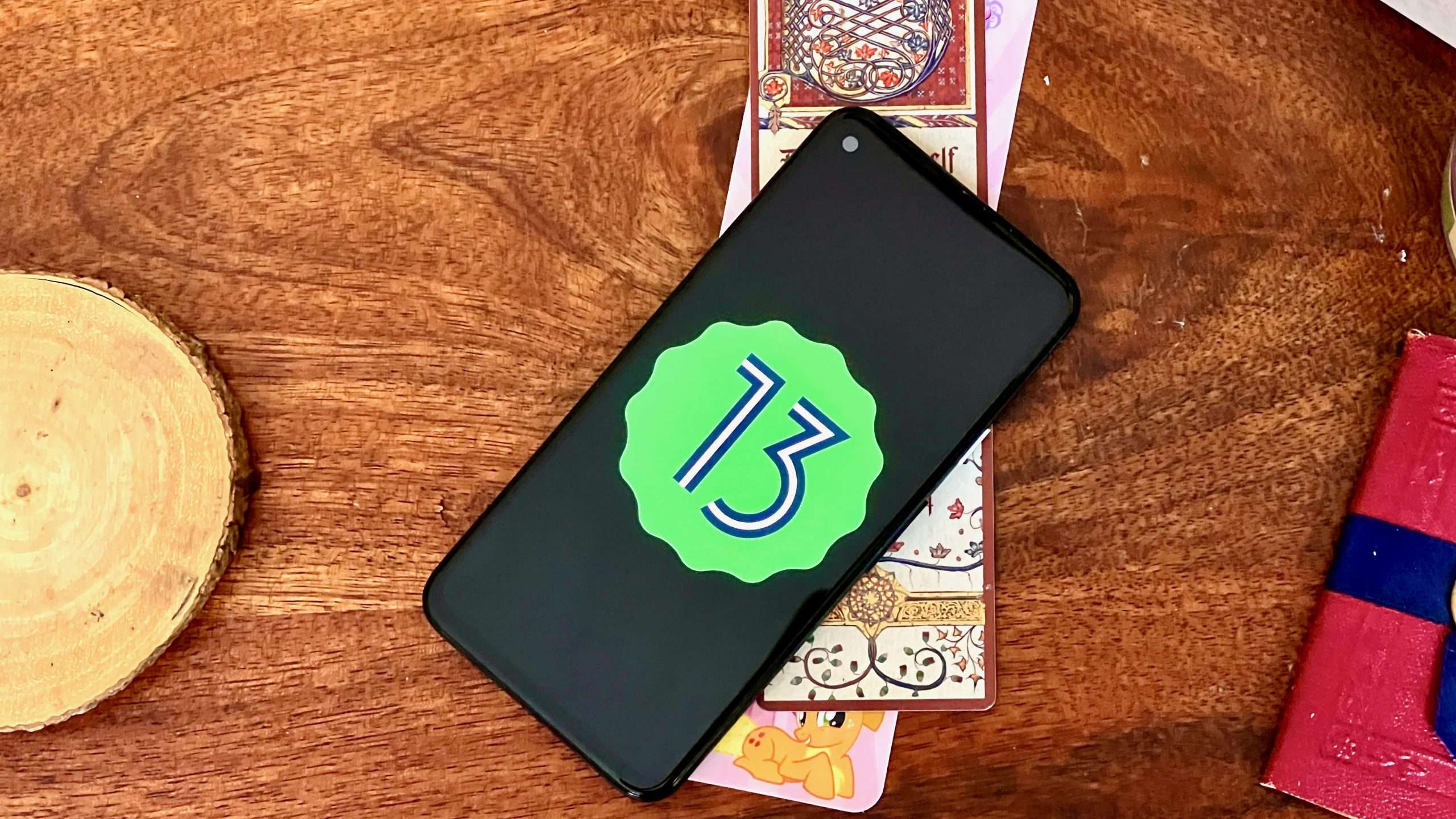It started with a catastrophic IT failure which saw its services wiped from the internet for six hours. It continued with a whistleblower telling lawmakers of a toxic culture which put profits before the interests of users.
Go back 15 years and it was relatively common for young web platforms like Facebook to fall off the internet for a day or even longer. Nobody got that irate – back then the far smaller number of users didn’t see a social media site as an essential service.
It is a mark of how the world has changed that even if a platform goes offline for an hour there is an enormous hullabaloo, because billions of people now expect to be connected 24/7.
Six hours seems unthinkable.
Read Also: Google to invest Sh110bn in Africa digital economy
Some mocked the angst over Facebook’s outage, but millions of small businesses depend on its services and their owners weren’t laughing. I spoke to a Christmas tree supplier who depended on Facebook as her main route to customers, and saw traffic to her website drop 50% during the outage.
A business development consultant told me she used WhatsApp to run live events and was suddenly thrown back into the communications dark ages.
And an artist told me he used Instagram as his gallery, but had already been wondering what would happen if people stopped using the app, saying: “I always joke I only really exist on Instagram.”

So what caused the shutdown and why did it last so long?
Facebook said it all started because of “configuration changes on the backbone routers that co-ordinate network traffic between our data centers”. Kate Bevan, editor of Which Computing, told Tech Tent that this backbone is Facebook’s internal network – connecting all of its facilities around the world.
“Effectively, Facebook has built its own internet, and it needs to talk to the wider internet. And there was a configuration change, and that took it offline. As a result, Facebook vanished from the internet, because it couldn’t tell the internet it was there,” she said.
Read Also: American Tech Giants to profit from Kenya data in trade deal
To make things worse, the engineers could not connect remotely because the internet said there was nothing to connect to – and then the added layers of security around the buildings caused further problems.
“When people actually showed up at the office in California to physically go and prod the servers, they couldn’t get into the building.”
As the services came back online, the focus switched to Washington and the testimony given to Congress by a former Facebook employee. Frances Haugen, who was the source for a series of Wall Street Journal articles based on internal documents, told lawmakers that the company always put money before the wellbeing of users.

“I saw Facebook repeatedly encounter conflicts between its own profits and our safety. Facebook consistently resolved these conflicts in favour of its own profits,” she said.
It was that charge, and the accusation that Facebook is ignoring its own research showing Instagram, which it owns, was affecting the mental health of teenagers, that appears to have finally sparked a response from chief executive Mark Zuckerberg.
For weeks the all-powerful boss of the social media giant has been under pressure to say something, anything, about the tidal wave of criticism engulfing his company.
In a lengthy note to staff, he said that the coverage “doesn’t reflect the company we know”.
He dismissed the idea that Facebook put profits before the wellbeing of its users.
“The argument that we deliberately push content that makes people angry for profit is deeply illogical,” Mr Zuckerberg said. “We make money from ads, and advertisers consistently tell us they don’t want their ads next to harmful or angry content.”
And he asked why, if it was going to ignore its research, would the company have invested so much in it in the first place?
Read Also: Kenyan Bank ,KCB targeted in Sh2bn cyber criminals heist
The critics were not convinced, pointing out that if Facebook was so confident that its research was robust, then it should have made it public rather than keeping it under wraps.
The cover of this week’s Time magazine tells a story about how attitudes to Facebook and its founder have changed over the last decade. It features a sombre, pallid Mr Zuckerberg, his face masked by a “delete Facebook?” box.
In late 2010, I visited Facebook’s California headquarters on the day Time named its founder Person of the Year. We were making a radio series The Secret History of Social Networking and, while Mr Zuckerberg was not available, one of his most senior lieutenants, Chris Cox, gave us this very vivid picture of his boss.
“He projects this sense that he’s in the future and everything’s cool there – and he’s come a few months back to where you are to tell you everything’s going to be fine.”
A few months later, Facebook was being credited with sparking the Arab Spring – it was indeed a cool company, a democratising force giving power to the people. Today it is far from cool and everything is not fine at all.
Except, of course, when it comes to Facebook and its founder’s finances. It may be battered by scandals, rocked by technical failures, and threatened with tighter regulation. But, despite a few blips, profits and the share price keep sailing higher.
Politicians, regulators and many users have fallen out of love with Facebook – but with advertisers and investors still onside, Mr Zuckerberg could be forgiven for thinking everything is going to continue to be fine.




